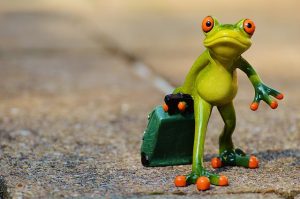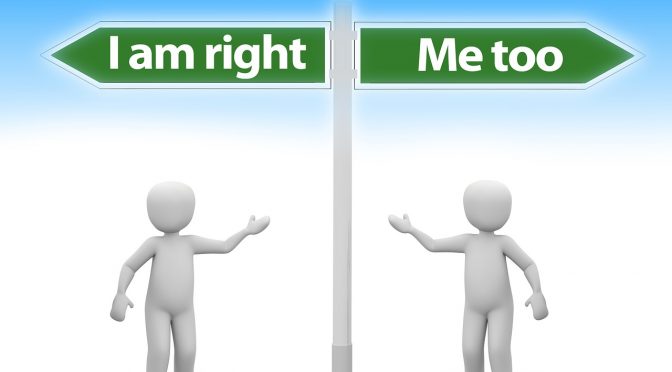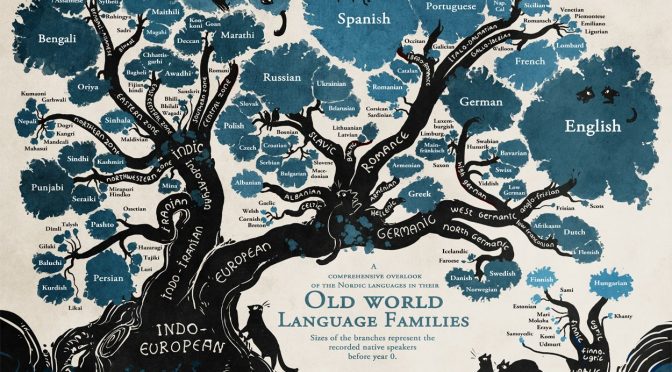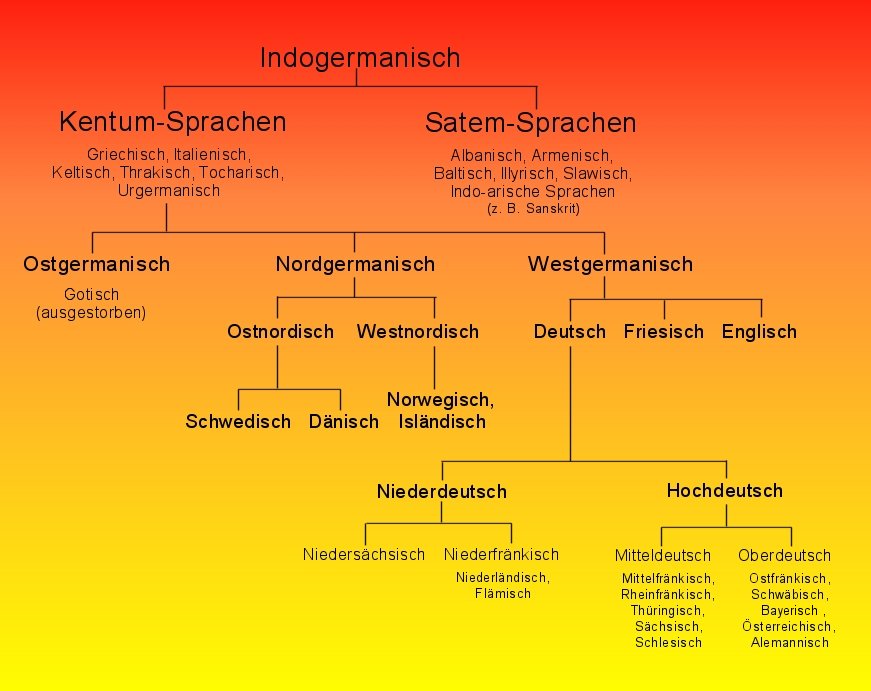So, you decided to make that huge step. You’ve found a good language school or a good teacher, and enrolled in a course. The exciting journey called learning German has started and the first lessons begin. What now?
Is there a way to make the start more comfortable, meaningful, and organized?
Well, actually, there is a way. In this blog post, I am sharing with you a list of resources that you could use parallel to the start of your A1 course of learning German. Take a look and enjoy! I wish you good luck on your journey while I am waving at you from the shore.
Prepare your brain
Even before you start learning a new language, you should listen to the sound of that language.
I’m giving you a list of music videos that you could listen to and a link to the whole film Nico’s Weg which covers everything that you should master during the A1 course.
There is also another series for learning German at the A1 level, provided by Goethe Institute, with the title Mein Weg nach Deutschland. Just watch the episodes as they appear one by one, practice listening to the sound of the language and as you advance during your A1 course you will be able to understand more and enjoy the content as if you would be watching Netflix. That would be nice, right? 🙂
You don’t have to understand the words, just concentrate on the sound of the language.
Pronunciation rules
Pronunciation is very important for any foreign language. German pronunciation rules are not that difficult but you will still need some time to master them.
I’m giving you a list of basic German pronunciation rules that you can refer to parallel to what your teacher is teaching you.
Give yourself time, don’t rush it, and be patient with yourself. Ask yourself: which rules stand out for me? Which rule is interesting (for me, now/at this moment)? What are the differences to English or to my mother tongue?
Thus, don’t torture yourself and think that you have to learn all German pronunciation rules at once. Be curious, open-minded, and enjoy the process. Learn little by little.
Free (online) dictionaries
You don’t have to buy paper dictionaries because there are so many good online dictionaries with pronunciation and example sentences.
I would recommend you start with the PONS online dictionary.
You can use it to check the pronunciation of any new word that you’d like to learn and to find simple example sentences.
There is also a list of all words at the A1 level, provided by the Goethe Institute, that you could also use as a dictionary! It’s good because it enables you to have an overview of the words that you should master at the A1 level but also to find very simple example sentences for any new word.
Same words in German and English
Did you know that you already know many German words?
How is this possible, you might be asking yourself.
Well, if you’re good at English, I can prove it to you.
Just take a look at my blog post Same words in English and German – it’s the most popular blog post on my blog. Obviously, many learners are very curious about this topic and you will most probably be amazed as well.
Free apps for learning German
As soon as you start









